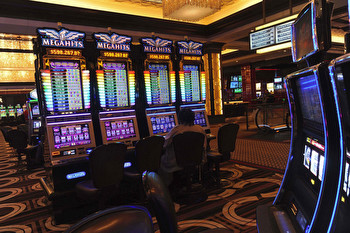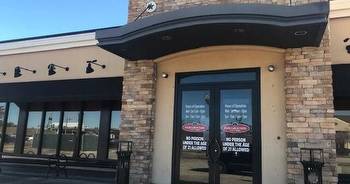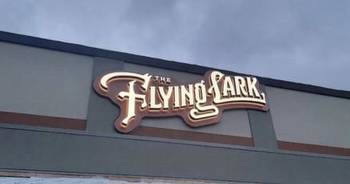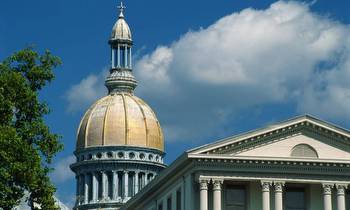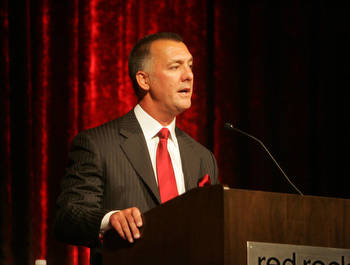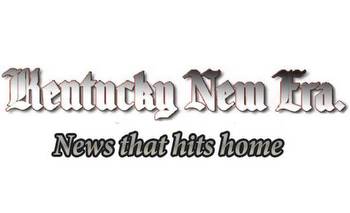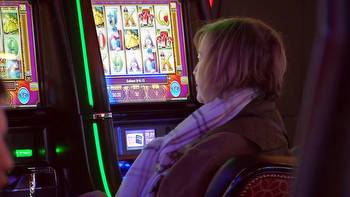‘Trickle-down’ economics of slots gambling
Last week the State Senate Licensing and Occupations Committee met in Frankfort to pass Senate Bill 120, which would legalize so-called “historic horse racing” machines. The machines have little to do with horses and less to do with racing and are essentially slot machines trying to pass as pari-mutuel wagering.
The machines were found illegal last September by the Kentucky Supreme Court, prompting the wealthy race track interests to go, hat-in-hand, to the legislature to ask them to ignore the state constitution and allow them to keep their slots parlors open.
During testimony, one horse farm owner argued that it was important to keep them open because the money made on them by the horse racing tracks “trickles down” to the lower paid workers in the industry.
That is a startling admission.
In fact, underneath the small oligarchy of wealthy race track owners, there are a lot of lower paid workers in the racing industry. In 2019, 76.6% of the Churchill Downs employees were hourly and median compensation was $23,670, about $11.325 per hour including benefits. That is the median, not even the low end of the industry’s pay schedule.
And that calculation includes the compensation of Churchill’s opulent executive class. Its CEO’s total compensation in 2019 was $10,601,294 – 447 times the median compensation in the industry.
This is trickle-down economics at its most egregious: The patricians who run the corporations make the big bucks from the illegal slots, and the minions at the bottom get the little bit that trickles down to them.
Churchill Downs, which is an 8.3-billion-dollar casino corporation, is far from hurting for cash, yet the company would get the greatest beneficiary of the profits if the bill passes. And those profits would not be restricted to Kentuckians, but would go to its shareholders all over the country.
The bill passed out of the committee last week, but its success is still in doubt. In fact, every step the bill has to take will get successively harder, and its real test will come in the House, where red county legislators will be less likely to favor a bill whose benefits are confined to the Golden Triangle.
Last year, despite support by House Republican leaders, sports wagering couldn’t gain enough support even in the Republican caucus itself, a fact that automatically doomed the legislation. A slots will have the same problem.
And it’s a good thing.
Martin Cothran is the Senior Policy Analyst of The Family Foundation.









